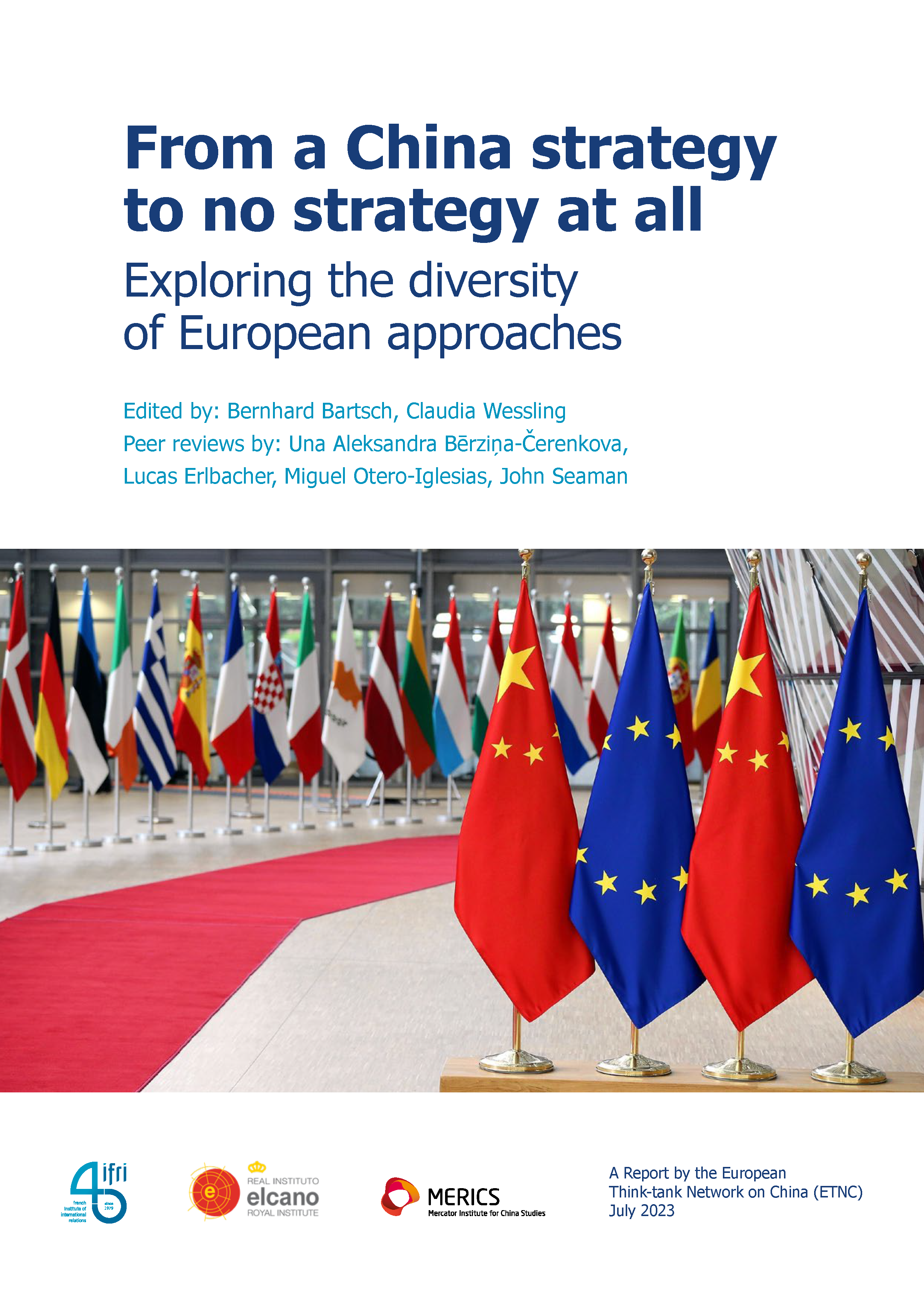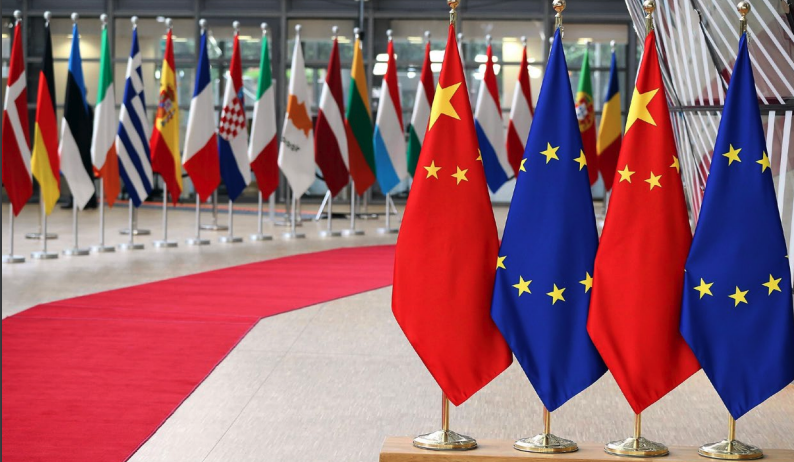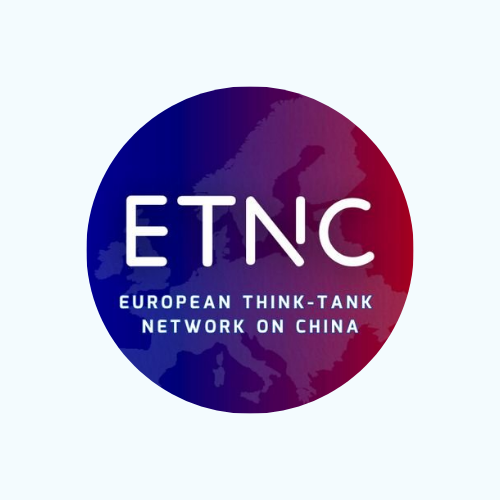From a China strategy to no strategy at all: Exploring the diversity of European approaches

While there is now new momentum in the relationship between Europe and China, considerable variation remains in approaches across the continent, from clear-cut strategies to more ambiguous policies, complicating a common European position.

In the ninth report since its inception in 2014, the European Think-tank Network on China (ETNC) gathers analysis on 24 countries plus the European Union to map these different approaches. The chapters of the report tackle a range of questions that weigh on the cohesiveness of a broader European strategy:
- National China strategies: Where do member states and other European countries stand?
- Mechanisms: How do European countries coordinate and share information on China?
- EU tools: Which national instruments exist for implementation?
- Risk analysis: Which approaches do countries take?
- Working with China: In which Chinese institutional frameworks do countries participate?
- Spotlight on Taiwan: What activities exist in this contested space?
Ten years after Xi Jinping took the helm in China, European countries have become more aligned on how to deal with this aspiring world power. However, approaches towards China vary depending on the intensity of relations, the extent and nature of economic dependence as well as attitudes towards the authoritarian government in China. Some have devised national China strategies, some prefer a less public, more decentralized approach, while others do not consider China an important issue for their national politics. The chapters of this report explore this broad diversity.
France: An ambiguous China policy with no clear roadmap
In the report, Ifri’s Marc Julienne explains that France’s China policy is difficult to grasp because it has no clear and centralized roadmap. Diving into the tenets of France’s China policy, Paris intends to preserve economic interests as long as possible, while acknowledging the profound transformation within the Chinese Communist Party. The French China policy is intertwined with the European one, and Paris is even proactive in Brussels to build up new defensive mechanisms. Beyond the bilateral relationship, France is trying to find its own way within the US-China strategic competition, alongside its American ally, but trying to avoid dangerous escalation. Still, the lack of an explicit doctrine and the blurry official communication has led to misunderstandings with partners and allies, and to coordination loopholes within the government.
Discover this and all ETNC reports on the network's website: https://etnc.info/

Available in:
Regions and themes
Share
Download the full analysis
This page contains only a summary of our work. If you would like to have access to all the information from our research on the subject, you can download the full version in PDF format.
From a China strategy to no strategy at all: Exploring the diversity of European approaches
Related centers and programs
Discover our other research centers and programsFind out more
Discover all our analysesJapan’s Takaichi Landslide: A New Face of Power
Prime Minister Sanae Takaichi has turned her exceptional popularity into a historic political victory. The snap elections of February 8 delivered an overwhelming majority for the Liberal Democratic Party (LDP), driven by strong support from young voters, drawn to her iconoclastic and dynamic image, and from conservative voters reassured by her vision of national assertiveness. This popularity lays the foundation for an ambitious strategy on both the domestic and international fronts.
The U.S. Policy Toward Taiwan Beyond Donald Trump: Mapping the American Stakeholders of U.S.-Taiwan Relations
Donald Trump’s return to the White House reintroduced acute uncertainty into the security commitment of the United States (U.S.) to Taiwan. Unlike President Joe Biden, who repeatedly stated the determination to defend Taiwan, President Trump refrains from commenting on the hypothetical U.S. response in the context of a cross-Strait crisis.

China’s Strategy Toward Pacific Island countries: Countering Taiwan and Western Influence
Over the past decade, China has deployed a diplomatic strategy toward the Pacific Island Countries (PICs). This strategy pursues two main objectives: countering Taiwan's diplomatic influence in the region and countering the influence of liberal democracies in what Beijing refers to as the "Global South."

Opening up the G7 to South Korea to Address Contemporary Global Challenges
The G7’s global influence has diminished as powers like China reshape international governance through initiatives such as BRICS and the Shanghai Cooperation Organisation (SCO). With the G7 now representing just 10 per cent of the world’s population and 28 per cent of global GDP, its relevance is increasingly questioned.













